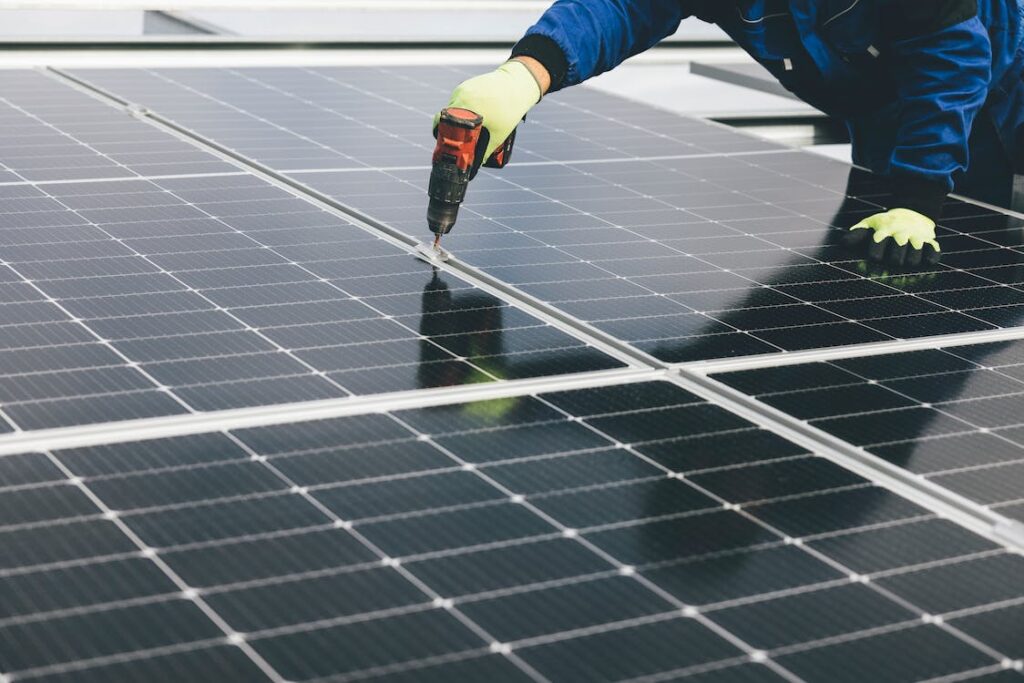Expansion of Solar Programs for Economically Disadvantaged Residents through Federal Funding
The Inflation Reduction Act, which was passed in August 2022, is an unprecedentedly large commitment by the federal government toward addressing climate change and promoting clean energy initiatives. This historic legislation includes numerous strategies for helping communities throughout the nation tap into and maximize the benefits of clean energy. A key component of these efforts is the Greenhouse Gas Reduction Fund’s (GHGRF) Solar for All program. This initiative, backed by a robust $7 billion in funding, operates as a competitive grant opportunity and aims to award up to 60 grants to qualifying applicants. Among those eligible are municipalities, which are encouraged to utilize these grants to finance residential solar programs specifically designed to service low-income and disadvantaged communities across the nation.
On June 28, the U.S. Environmental Protection Agency (EPA) officially published the Notice of Funding Opportunity (NOFO) for the Solar for All program. This program, funded through the Inflation Reduction Act, has been allocated a total of $7 billion in grant funds, which have been subdivided into three potential award sizes. Depending on their needs and capacities, municipalities are able to apply for small-sized programs (ranging from $25 to $100 million), medium-sized programs ($100 to $250 million), or large-sized programs ($250 to $400 million).
So, what exactly is the Solar for All program? The primary mission of the Solar for All initiative is to extend the reach of existing low-income solar programs, as well as to inspire the creation and implementation of new, innovative Solar for All initiatives nationwide. The main objective of these programs is to democratize access to residential rooftop and community solar power, ensuring low-income households can avail of these eco-friendly energy sources. They achieve this through the provision of financial support and incentives to those communities who have traditionally been excluded from such investments. The programs also focus on ensuring that the benefits of distributed solar, which include household savings, community ownership, energy resilience, and numerous other advantages, are enjoyed by low-income households.
Residential solar power offers a reliable and independent source of energy, significantly reducing home energy bills. Through the Solar for All initiative, these impactful benefits will become more accessible for low-income and disadvantaged communities. The issue of racial disparities in access to residential solar in the U.S. has been highlighted in recent studies, and the Solar for All grants provide a viable means for municipalities to actively promote and support equitable access to solar deployment.
The Solar for All program is also an essential element of President Biden’s Justice40 Initiative. This project aims to ensure that 40% of the benefits derived from specific Federal investments are allocated to disadvantaged communities, which are often marginalized, underserved, and disproportionately impacted by pollution. Additionally, the program contributes to achieving the President’s ambitious environmental targets, including creating a carbon pollution-free power sector by 2035 and transforming the U.S. into a net-zero emissions economy by no later than 2050.






